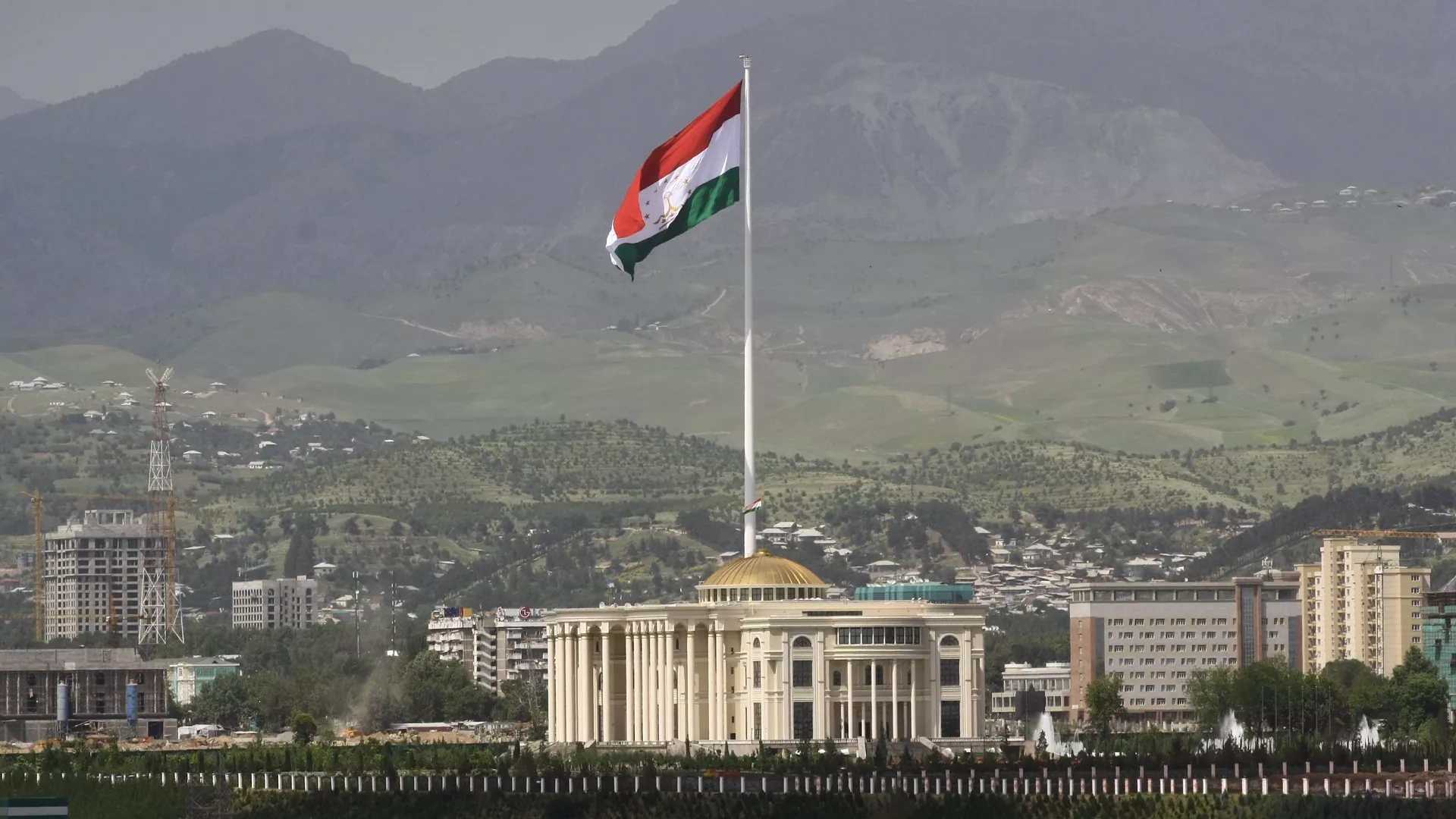
After the hijab ban, all foreign clothing was banned in Tajikistan
After the hijab ban, all foreign clothing was banned in Tajikistan
After the ban on wearing the hijab, all foreign clothing that "does not correspond to the national culture" was banned in Tajikistan.
In Tajikistan, which came to the fore with the ban on wearing the hijab in June last year, a ban on "all foreign clothing" was introduced in order to "protect national culture."
Amendments to the 2007 Law on the Regulation of Traditions and Religious Rites, adopted on May 8, 2024, prohibit the import, sale and wearing of clothing in public places that is perceived as incompatible with national culture (article 18).
The Code of Administrative Offences provides for fines in the amount of 8,000 to 54,000 somoni (approximately 25,500 to 172,300 Turkish liras) in case of violation of these provisions (article 481).
These amendments entered into force with the signature of the President on June 20, 2024.
On July 26, 2024, the Council of Islamic Ulama, the highest state-sanctioned Islamic institution in the country, issued a fatwa prohibiting women from wearing black, tight and transparent clothing. This fatwa, published in the official press, says that black is "not compatible with the national and geographical features" of Tajikistan.
Earlier this month, Sulaimon Davlatzoda, head of the State Committee for Religious Affairs and Regulation of Traditions, said at a press conference that "a joint working group consisting of the Ministry of Culture, the Women's Committee and the Committee on Religious Affairs is cooperating to identify garments that best correspond to our national values and traditions."
The International Partnership for Human Rights (IPHR) stated that the situation in the country has reached an alarming level due to recent bans, and called on the Tajik authorities to lift these restrictions on the style of clothing of individuals who contradict international human rights standards, including freedom of expression and freedom of religion or belief.
The IPHR claims that even before the new legislative provisions came into force, people wearing clothes allegedly contrary to national culture were persecuted. After the adoption of amendments to the law in May, women wearing headscarves on social media were not allowed to visit medical facilities in the capital Dushanbe and threatened with fines.
Civil society activists claim that these restrictions specifically target some Muslim women. It is claimed that headscarves and black clothing are prohibited because they are associated with "Arab influence."
On the other hand, Tajik authorities have warned international Islamic organizations and the international community at large that reports of human rights violations related to the recently adopted law are based on misinformation, arguing that these changes are necessary to preserve Tajikistan's national culture.
On August 13, Deputy Foreign Minister Farrukh Sharifzoda said at a press conference that "in order to preserve cultural identity and ancient civilization, [the government] recommends that citizens avoid imitation, foreign influence and ostentatious appearance, and, if possible, wear national clothes."
The ban on wearing the hijab
In June last year, Tajik President Emomali Rahman signed 35 bills, including the laws "On the Regulation of Traditions and Rituals" and "On responsibility for education and upbringing of children", which prohibit the wearing of headscarves, hijabs and any clothing with Islamic symbols.
The presidential statement says that the amendments to the law are aimed at protecting national cultural values, preventing superstition and extremism, as well as preventing ceremonies and holidays.